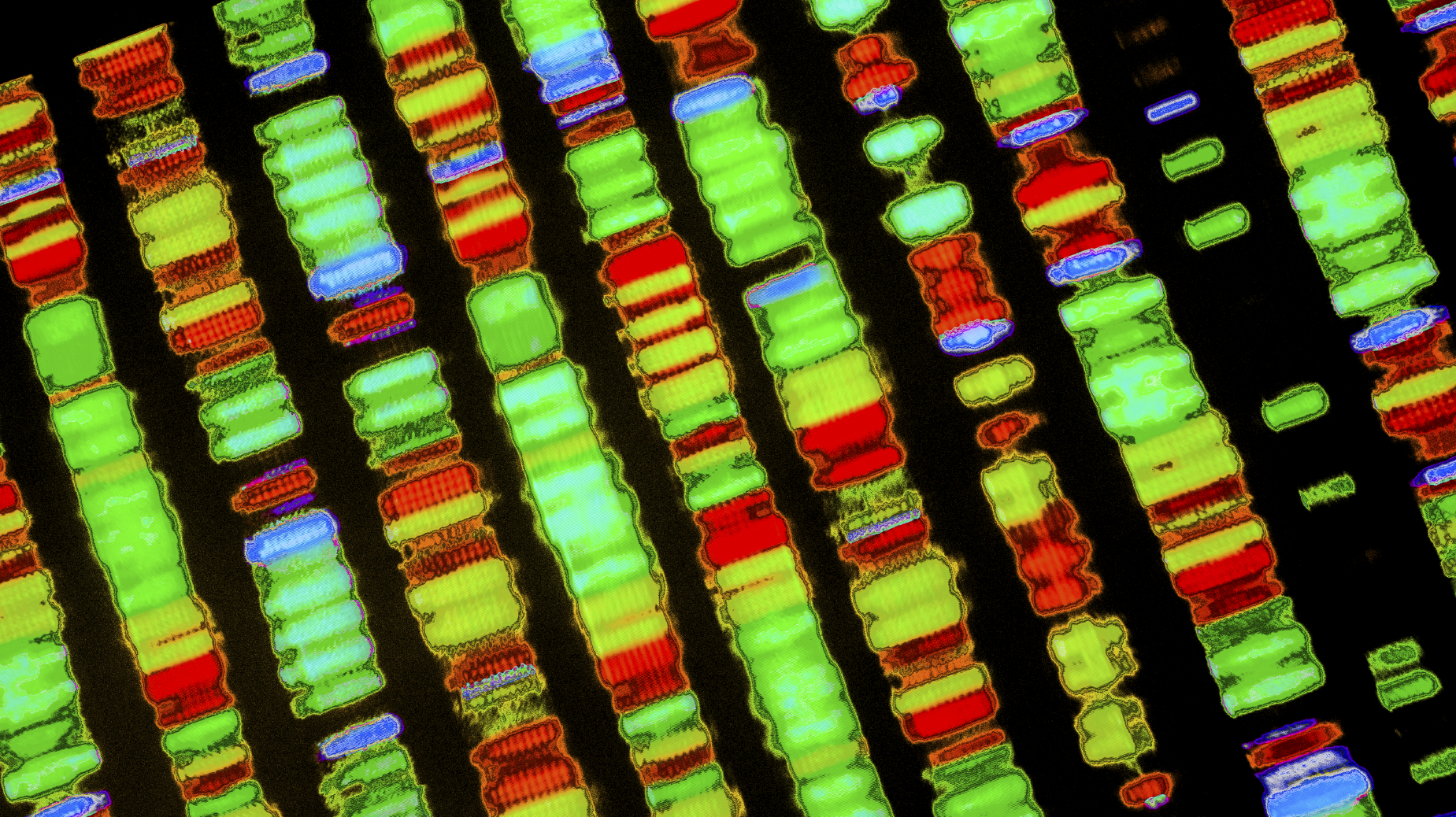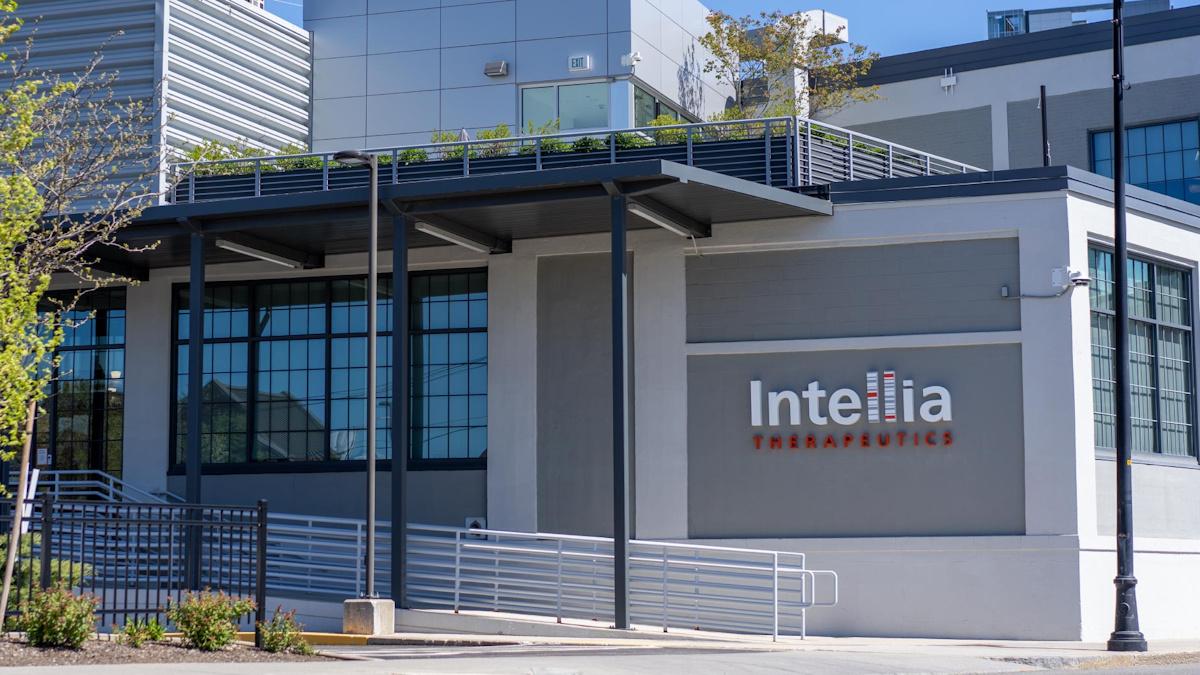GSK makes CRISPR play, funding Doudna lab in California

GlaxoSmithKline has forged an alliance with two leading CRISPR researchers that will see the creation of a new genomics research lab at the University of California.
The five-year deal with CRISPR co-inventor Jennifer Doudna of UC Berkeley and Jonathan Weissman of UC San Francisco includes $67 million in funding for a Laboratory for Genomics Research (LGR), which will use CRISPR to explore how gene mutations cause disease and to develop new medicines.
The lab will employ 24 UC researchers as well as 10 GSK scientists, and will be located in Mission Bay, adjacent to the San Francisco campus. Its main areas of focus will be immunology, oncology and neuroscience, for example looking how modifying one gene can change the expression of others and affect other characteristics of cells.
According to GSK chief scientific officer Hal Barron it will serve “not only GSK’s interest in deciphering the genome, and particularly how it relates to disease, but also advancing the technology so that other academics get access to even further state of the art technologies.”
The hope is that in time the effort will “re-imagine how drugs are discovered,” said Barron.
It is this next-generation of CRISPR tools that lies at the heart of the project, along with discovering new drug targets and biological mechanisms that underpin diseases, and GSK will help bring greater automation and artificial intelligence capabilities in an attempt to ‘industrialise’ genome editing.
The new tools “will make it easier for everyone to do their fundamental research as well as to do target discovery,” said Weissman. They will be described in published papers, subject to intellectual property provisions, and be made available for use by other academic and non-profit labs.
The first year of the collaboration will be devoted to setting up the lab, putting in place the robots that will carry out experiments in parallel rather than one by one by graduate students.
Eventually, the hope is to work out ways to use CRISPR to correct disease-causing mutations – something that Doudna is also exploring through her work with Intellia Therapeutics and Caribou Biosciences.
“Over the last seven years, CRISPR has transformed academic research, but until the LGR, we haven’t had a focused effort to catalyse the kind of research we know will lead to new innovation using this CRISPR tool,” said Doudna.
“LGR is about building that space where creative science is partnered with the development of robust technology that will help develop tomorrow’s drugs. I think we’re going to be able to do science that none of us can even imagine today.”
Last year, AstraZeneca also made a play in CRISPR via a collaboration with Cancer Research UK that involves setting up a centre of excellence in genetic screening, cancer modelling and big data processing.












